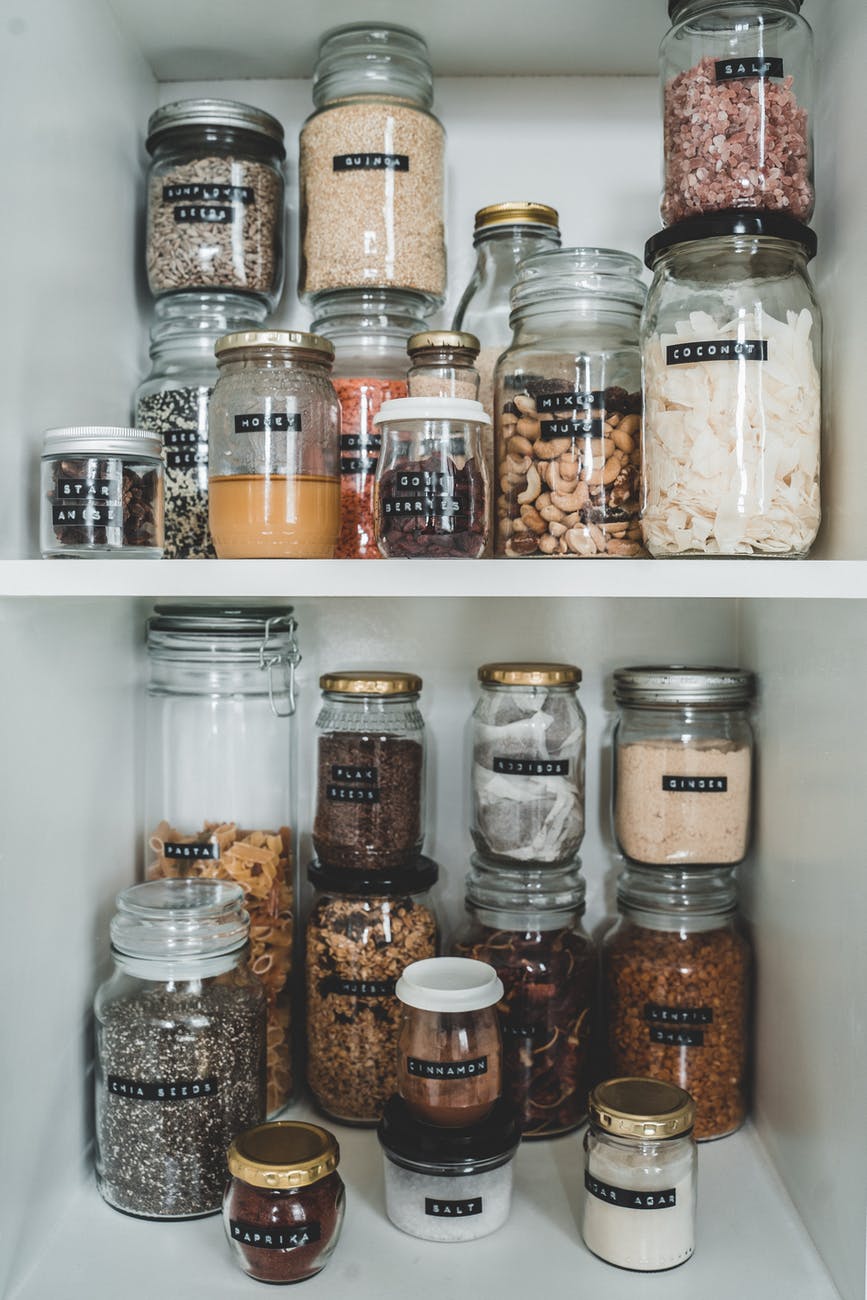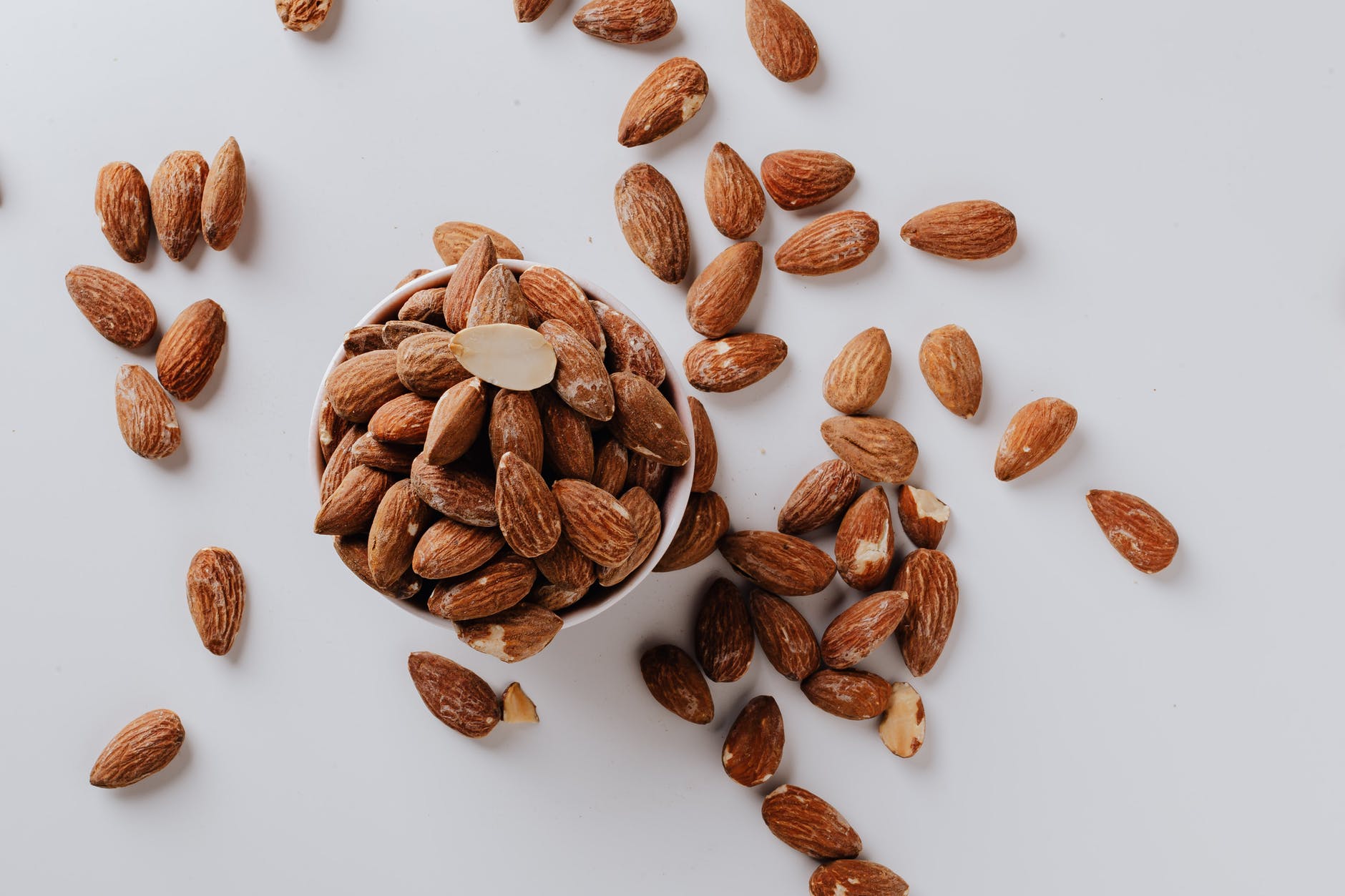Do you find yourself turning to food for comfort — whether consciously or unconsciously — when you are facing a difficult problem, feeling stressed, or even feeling bored? If yes, then welcome to the world of stress eating.
“The purpose of eating is to have energy,” says nutritionist-coach Timothy Jeffe Ting, RND (www.timnutrition.com). “Stress eating occurs when you consume food for another purpose, which is to regulate your emotional state.”
Occasionally using food as a pick-me-up, a reward, or to celebrate isn’t a bad thing. But when eating becomes your primary emotional coping mechanism, it can impact your health in many ways. Obviously, physical health would be the first one affected. “You stress eat because you have problems — would you really want to add becoming overweight and increasing your risk of cardiovascular disease to those problems?” asks Timothy. “Then there is also your mental health. When you reach for food as a reaction to stressful stimuli, you are exhibiting impulsiveness; you use food to fill your emotional needs instead of finding healthier outlets.” In addition, while eating may feel good in the moment, the feelings that triggered the eating are still there. And you often feel worse than you did before — even ashamed and guilty — because of the unnecessary calories you’ve just consumed.
While it is possible to stop stress eating, Timothy suggests that a better alternative would be to curb it. Here are some strategies.
- Don’t label food as “good” or “bad.” “Food is food,” he points out. “When we start to label a particular food, we shift focus from overall healthy eating patterns, which is what really defines a person’s well-being.”
After all, while vegetables do have a better nutritional profile, eating them all day, every day will not be good for you. On the other hand, depriving yourself of ‘bad’ or ‘forbidden’ food like ice cream or pizza will only make you crave them more intensely.
- Tame your stress. While Timothy is not a mental health expert, he shares the following stress management tips:
- Practice time management. “Most of the time, we feel stressed because we are not available to fulfill our tasks at work or in school efficiently,” he says. “So find ways to plan and control how much time you spend on specific activities.” Some ways you can that include:
- Not spreading yourself too thin. When someone tries to draft you in to take on an additional task, say “no” more often than you say “yes.”
- Prioritizing your “Most Valuable Activities” (the tasks you excel at) over “Less Valuable Activities” (other responsibilities that can be delegated to others).
- Avoiding back-to-back appointments so that you have time to relax and breathe.
- Do cognitive reappraisal. “If you were told that you were not accepted for the job that you applied for, would eating an entire pizza help you get another job?” Timothy asks. “No, right? So instead of feeling like a failure and reaching for food for comfort, treat the rejection as a learning opportunity or as redirection.” When you reframe your mindset this way, you will no longer be triggered by the stress.
- Practice time management. “Most of the time, we feel stressed because we are not available to fulfill our tasks at work or in school efficiently,” he says. “So find ways to plan and control how much time you spend on specific activities.” Some ways you can that include:
- Take away temptation. Don’t keep hard-to-resist and unhealthy comfort foods within easy reach. “We are all designed to be lazy,” Timothy points out. “If you surround yourself with cakes, cookies, and ice cream, then you will definitely eat them often. And don’t just think about yourself — even if YOU are able to exercise willpower and avoid eating them, what about the rest of your family members?”
- Make healthier food alternatives more convenient. We all have fruits and vegetables at home, but no one eats them because they still have to be washed, peeled, chopped, and, sometimes, cooked before we can eat them. “Compare them to a bag of chips that you can just rip open in one second — of course you will eat the chips,” says Timothy.
So rearrange the items in your pantry or refrigerator. Place the junk foods on the highest shelf of the cabinet and the ice cream at the very back of the freezer; then put the fruits and vegetables within line of sight and easier reach.

- Add, don’t subtract. Don’t deprive yourself of treats. “If you want to eat a chocolate bar, go ahead, but eat a piece of fruit afterwards,” advises Timothy. “Then next time, try eating the fruit FIRST before the chocolate.”
- Eat in moderation. How to define what is moderate? Timothy suggests the 70-30 rule. “If you eat four meals a day, make the three meals healthy, filled with veggies, fruits, and lean proteins,” he shares.
- Snack healthy. If you must eat for comfort, choose wisely. Timothy shares his list:
Best foods to eat when stressed:
- Anything that’s warm, like hot teas. “Green and black teas contain L-theanine, which has been proven to improve mental focus and increase relaxation,” he says. “Hot drinks also force you to slow down and take deep breaths before drinking them, which can lower your stress.”
- Dark chocolates. Not only are they a lower-calorie alternative, they also contain theobromine (which combats the oxidation in the body caused by stress) and magnesium (which helps people to relax and fall asleep).
- Quality carbohydrates like root crops, potatoes, or corn. “Air-popped popcorn — the ones you cook on the stovetop, not the buttered ones they sell in cinemas — is extremely low in calories and high in fiber. Eat it plain or put in some salt and herbs for flavor,” shares Timothy.
- Bananas, because it also contains magnesium.
- Other fruits. “Anything high in Vitamin C will be helpful in reducing stress levels, because the stress hormone cortisol is mitigated by Vitamin C,” says Timothy.
- Whole nuts like pistachios and almonds. According to Timothy, these contain B-vitamins that help unlock energy, since tiredness may also cause stress.

On the other hand, think twice before reaching for these foods for comfort:
- Anything caffeinated. “Caffeine is a double-edged sword,” points out Timothy. “It gives you an energy boost when you want to get out of a tight spot, but the problem is you will develop a tolerance for it; eventually, you will need increasing amounts of caffeine to give you energy, and when you don’t get you fill, you might experience an energy crash.”
The solution: drink in moderation. “If you drink one cup of coffee a day in a week, try not to drink on Sundays. If you are on vacation and not feeling stressed, don’t drink at all. Also, try to get your energy from whole foods and good sleep,” Timothy advises.
- Alcohol. “Alcohol gives you a buzz so you don’t think about your problems, but the problems are still there,” says Timothy. It also lowers your inhibitions, so you end up eating mindlessly, which leads to a lot of health problems in the long run.”
- Anything with a huge amount of carbohydrates and fats together, without protein, such as pastries, refined goods, cookies, cakes, pastries, pizza, etc. “These are very high in calories, very easy to overeat, and will lead to a lot of problems down the line if you are overweight,” Timothy cautions.
Emotional eating tends to be automatic and virtually mindless. Before you even realize what you’re doing, you’ve reached for a tub of ice cream and polished off half of it. But if you can take a moment to pause and reflect when you’re hit with a craving, you give yourself the opportunity to make a different decision.
If you need help building better eating habits, schedule a consultation with our WellBeing Coaches now. They are available 24/7 and rest assured that all conversations are secure and confidential. Book now through FB Messenger bit.ly/mn-chat or email [email protected].

